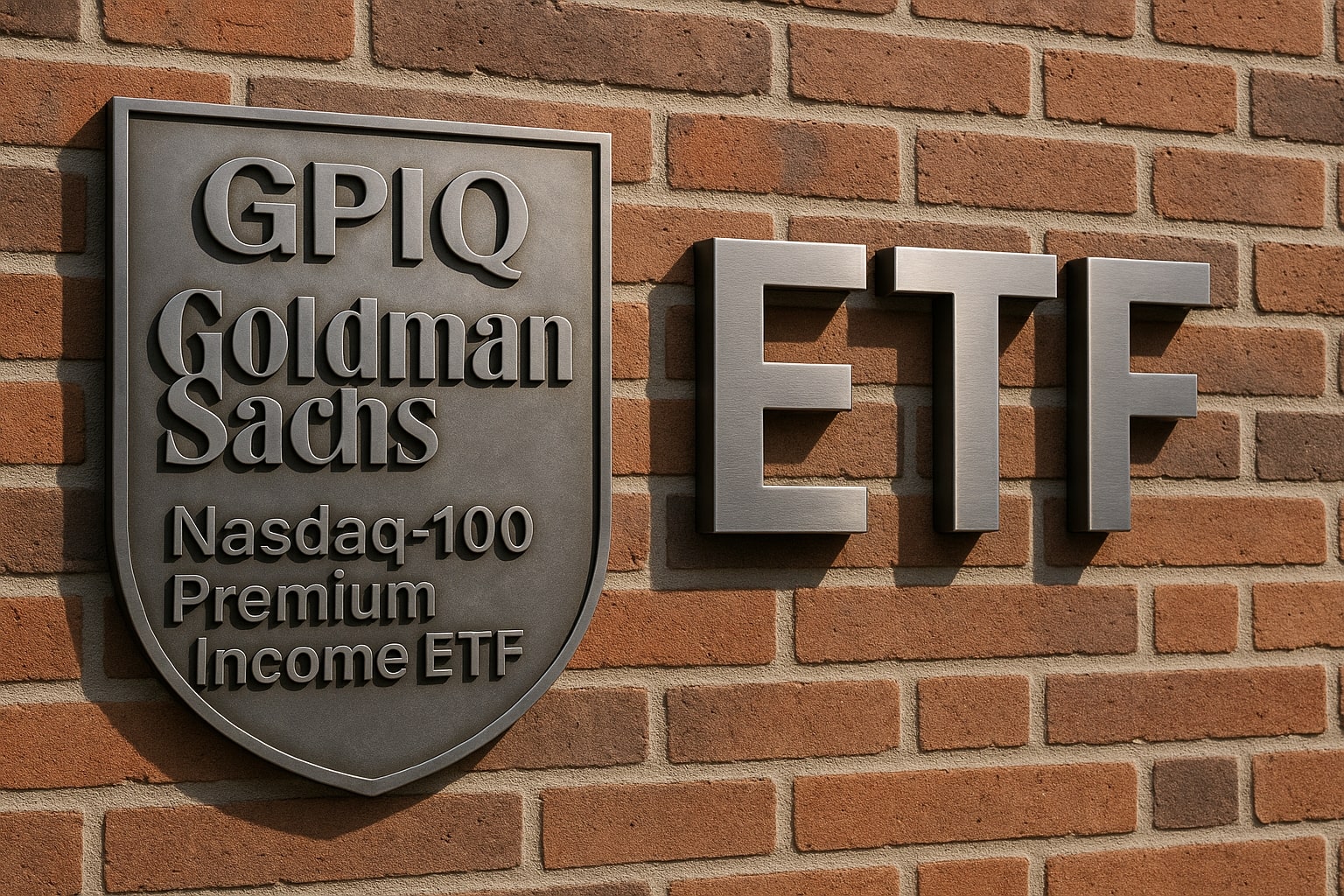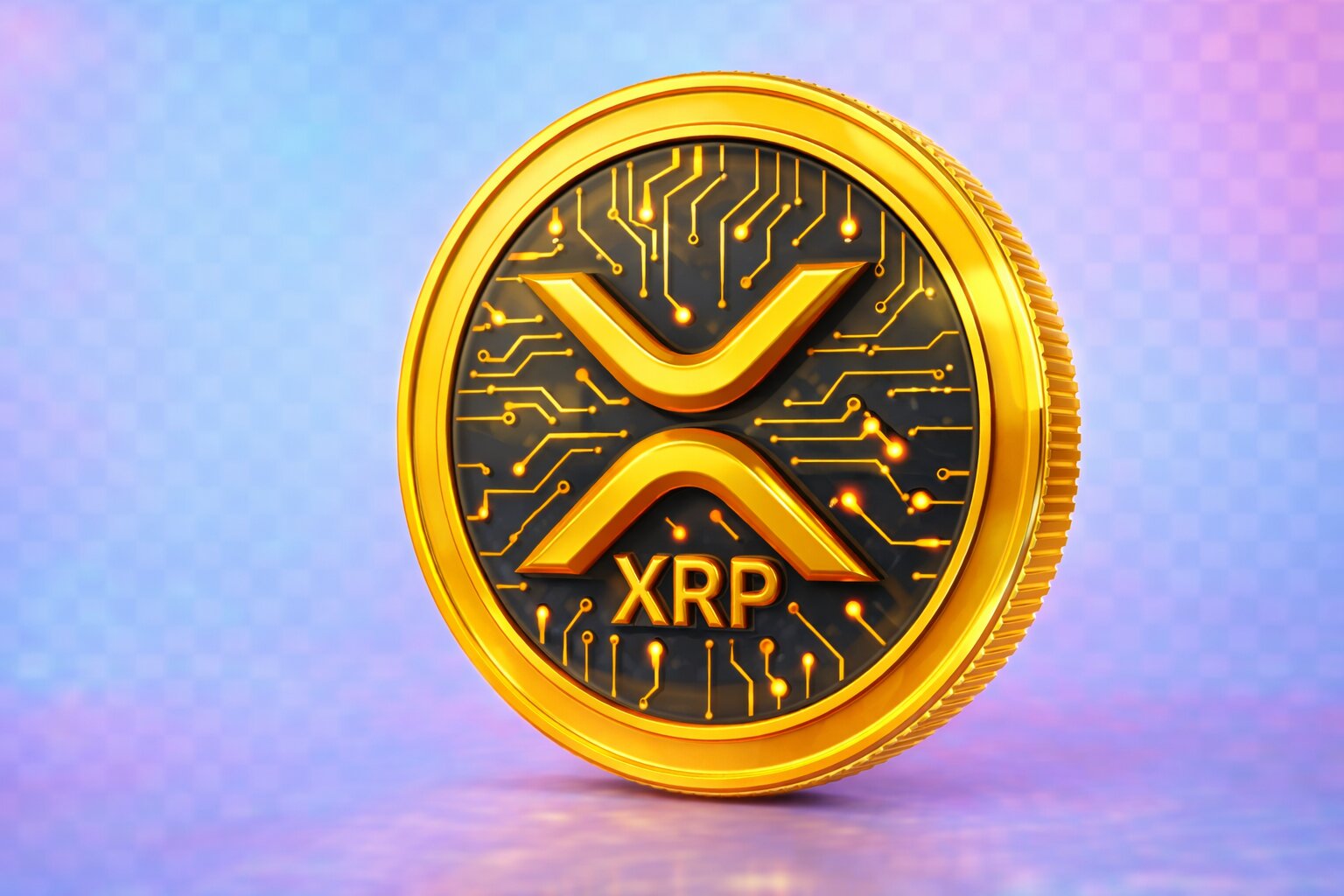
Goldman Sachs GPIQ ETF Surges to $51.46 With 9.9% Yield
NYSEARCA:GPIQ Outpaces JEPQ, Delivers 25% 1-Year Return and Strong Monthly Payouts | That's TradingNEWS
NYSEARCA:GPIQ ETF Pushes to $51.46 With 9.9% Yield and Rising Institutional Flows
Performance Momentum of NYSEARCA:GPIQ ETF
The Goldman Sachs Nasdaq-100 Premium Income ETF (NYSEARCA:GPIQ) closed at $51.46, gaining 0.27% on the session and pushing to a fresh 52-week high after climbing 25.35% in the past year. Year-to-date, GPIQ has advanced 12.71%, handily outperforming the derivative income ETF category’s 6.58% average. Since its 2023 inception, the fund has already scaled to $1.49 billion in net assets, a strong ramp considering competition from established giants like JEPQ, which commands nearly $30 billion.
Income Advantage and Yield Stability
At the core of NYSEARCA:GPIQ ETF’s appeal is its nearly 10% yield (9.91%), supported by consistent monthly payouts ranging between $0.38 and $0.44 per share year-to-date. The trailing 12-month distribution rate of $5.05 per share offers investors stable income despite market volatility. Unlike peers such as JEPQ, whose distributions swing more widely, GPIQ’s dynamic overwrite approach ensures steadier cash flows without compromising on dividend consistency. This has made the ETF a top draw for income-focused portfolios, especially in a year when traditional fixed income has lagged behind equities.
Covered Call Mechanics Driving Returns
Goldman Sachs structures NYSEARCA:GPIQ ETF by owning core Nasdaq-100 equities like NVIDIA (9.75%), Microsoft (8.65%), Apple (7.96%), Amazon (5.58%), and Broadcom (5.31%), then layering in covered call strategies on select positions. Instead of rigidly overwriting the entire portfolio, GPIQ actively manages call coverage between 25% and 75% depending on market conditions. This dynamic overwrite enables stronger upside capture during rallies while still generating reliable option premium income. During the Q2 2025 rally, GPIQ tracked nearly 18% in total returns, compared to JEPQ’s 7.5%, highlighting its tactical advantage.
Sector Allocation and Concentration Risk
Technology dominates the ETF’s portfolio at 53.54%, with Communication Services (16.25%) and Consumer Cyclical (13.30%) adding to the growth-heavy tilt. Healthcare, Industrials, and Consumer Defensive represent smaller slices under 5% each. The concentration risk remains notable: the top 10 positions account for over 52% of total assets, making the ETF sensitive to drawdowns in mega-cap tech like NVDA, AAPL, or MSFT. This concentration is a structural feature of Nasdaq-100 tracking, but the covered call strategy cushions drawdowns marginally by monetizing volatility.
Read More
-
Petrobras Stock Price Forecast 2026: Is PBR a Deep-Value Oil Buy at $14.87?
07.02.2026 · TradingNEWS ArchiveStocks
-
Ethereum Price Forecast: Can ETH Hold $2,000 and Reach $2,380 Next?
07.02.2026 · TradingNEWS ArchiveCrypto
-
Oil Price Forecast: WTI and Brent Locked in a $60–$70 Geopolitical Range
07.02.2026 · TradingNEWS ArchiveCommodities
-
Stock Market Today: S&P 500, Nasdaq and Dow React to Fed Signals and Tech Earnings
07.02.2026 · TradingNEWS ArchiveMarkets
-
GBP/USD Price Forecast: BoE Cut Bets and Starmer Turmoil Pull Pound Back From 1.3870
07.02.2026 · TradingNEWS ArchiveForex
Comparative Positioning Against JEPQ
Since October 2023, NYSEARCA:GPIQ ETF has generated 60.17% in total returns, outpacing JPMorgan’s JEPQ at 52.44%, though still trailing the Nasdaq-100’s 70.79%. Year-to-date, GPIQ is ahead by more than 5 percentage points over JEPQ. The performance gap is largely explained by JEPQ’s heavier use of Equity Linked Notes (ELNs) and higher portfolio coverage, which caps upside more aggressively. GPIQ’s selective option writing against individual holdings provides more flexibility and stronger tracking during rallies, making it the more agile fund in volatile conditions.
Expense Ratio and Tax Treatment
The ETF carries a 0.29% expense ratio, cheaper than JEPQ’s 0.35%. Beyond costs, GPIQ benefits from tax efficiencies. Its use of FLEX options allows a larger share of distributions to be classified as return of capital (RoC) or under Section 1256 contracts, where 60% of gains are taxed at long-term capital gains rates. For taxable investors, this deferral mechanism enhances after-tax returns and improves compounding over time compared to more rigidly structured peers.
Risk Assessment and Market Exposure
While NYSEARCA:GPIQ ETF has proven resilient, investors must weigh full equity downside exposure during sell-offs. The fund does not hedge against crashes; it only mitigates drawdowns slightly with premium income. If Nasdaq-100 components correct sharply, GPIQ will follow them lower. Furthermore, the fund’s heavy tilt toward technology and communication services could amplify volatility should macro shocks or regulatory headwinds hit these sectors. Still, for investors prioritizing income with exposure to growth leaders, the nearly 10% yield serves as an offset to volatility risk.
Buy, Sell, or Hold Verdict
With shares trading at $51.46, near their 52-week high of $51.54, and delivering a 9.9% yield, NYSEARCA:GPIQ ETF remains attractive for income-focused investors who want Nasdaq exposure with enhanced cash flows. The fund’s consistent outperformance over JEPQ, coupled with tax advantages and lower expenses, supports a Buy rating at current levels. While the equity downside remains, the dynamic overwrite strategy positions GPIQ as the stronger Nasdaq-100 income ETF heading into year-end 2025.]


















